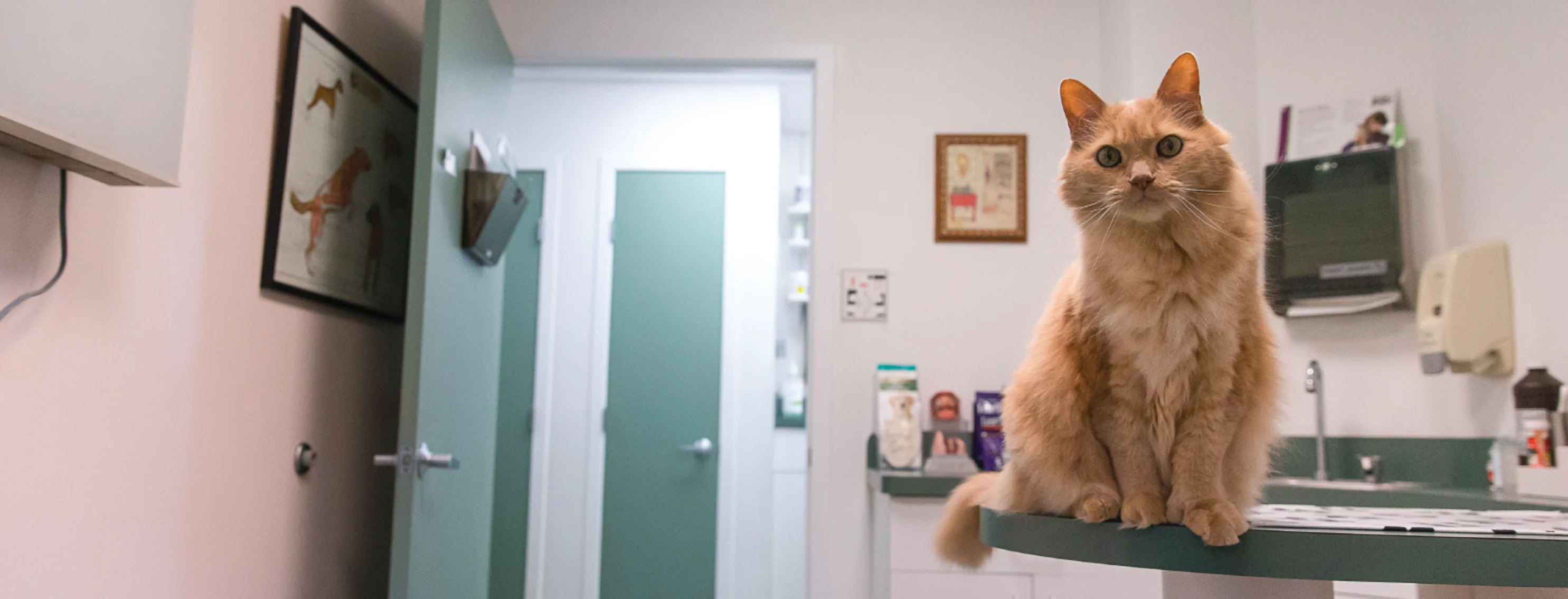Skip NavigationSkip to Primary Content





All the Tools You Could Ever Need
We take pride in being able to help you no matter what the issue is. Our Hospital is equipped with state-of-the-art equipment that is sure to get the job done. We have a complete in-house laboratory and radiology facility, digital tonometry (glaucoma testing), ultrasound, digital radiography, preventive health care and laser therapy. We welcome referrals for special procedures including surgery, ultrasound, and laser therapy.
Other hospitals you could go to have great equipment as well, so what puts us over the top? The answer is our doctors and staff. Their passion and knowledge are unmatched in this field. From the moment you walk in, you will see that what we offer here is unlike anywhere else. Click below to meet our wonderful team!
Client Testimonials and Reviews
We at Haven Animal Hospital value feedback from our clients. Here is just a small sample of the hundreds of happy and healthy pets that we have cared for since 1993.




